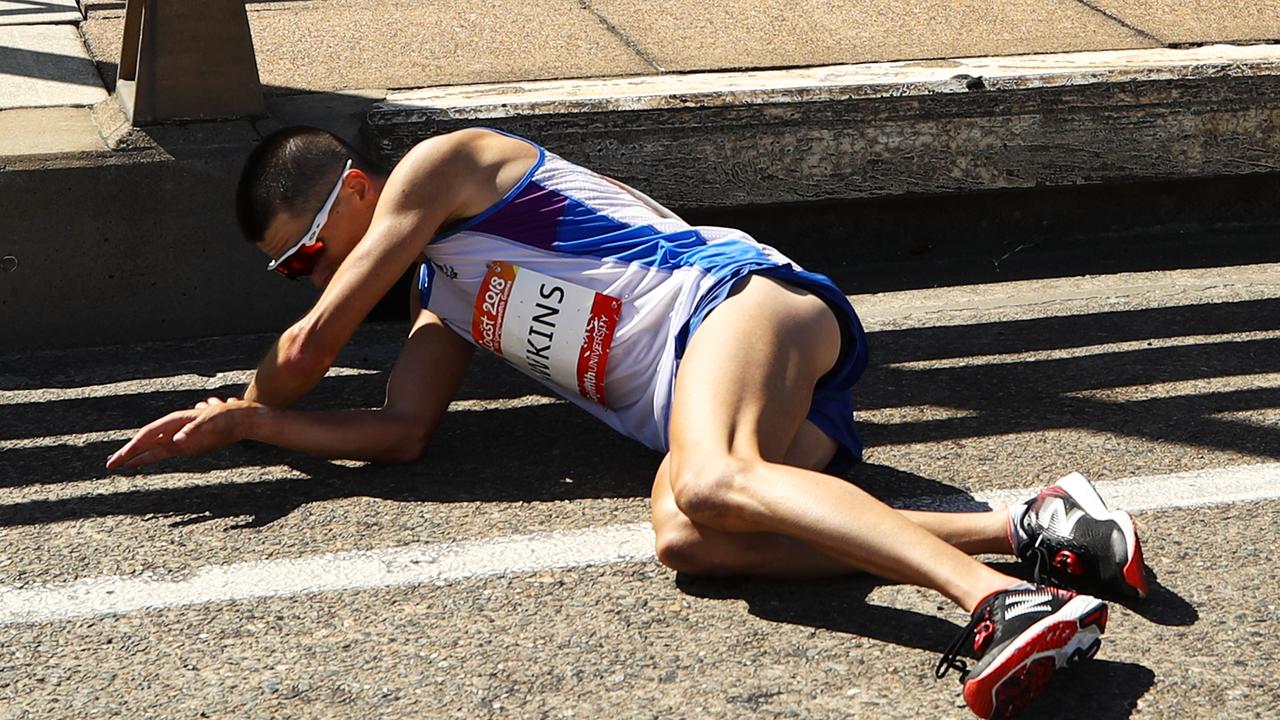The journey to the London City Runners clubhouse is a test of determination in more ways than one.
If the idea of a 10-kilometer (6.2-mile) run doesn’t deter you, the clubhouse’s location along the iconic Bermondsey Beer Mile might tempt you instead, with the tantalizing scents of bakeries and microbreweries wafting through the streets.
Yet, for those who persevere, something more than running awaits. Despite its walls adorned with race photos and medals emphasizing its focus on running, the club has become a hotspot for romance. According to founder Tim Navin-Jones, at least 20 couples who met at the club have tied the knot.
The potential for love was not lost on new members testing the waters of flirtation outside the clubhouse on a drizzly London evening. With dating apps increasingly feeling like an endurance challenge, running clubs like this one are gaining a reputation as modern matchmaking hubs. Social media has fueled the trend, with the phrase “run clubs are the new dating apps” gaining traction among runners.
During that evening’s run, which took the group past landmarks like the Tower of London, a participant from Guatemala admitted he joined the club because of its reputation for fostering connections. Meanwhile, three friends catching their breath near St. Paul’s Cathedral said they were seeking a social activity that didn’t revolve around drinking.
As the run concluded, phones came out in a flurry to exchange contact details. While running may not typically evoke thoughts of romance, it’s clear that this once-dreaded activity is evolving into something more appealing.
“When I started in 2003, running wasn’t cool,” said Mike Saes, founder of NYC Bridge Runners, a popular running crew with about 27,000 Instagram followers. Saes describes running crews as community-focused, transforming what used to feel like punishment into what he calls “funishment.”
In recent years, running has surged in popularity. Workout app Strava, now a staple for many runners, has seen its user base grow by 80 million since 2019. Data from the app shows a notable rise in group runs, with over 20% of weekend runs involving at least one companion and a 12% annual increase in runs with groups of six or more, according to Strava spokesperson Chloe Thompson.
Dr. Hidde Bekhuis, a behavioral science expert at Radboud University in the Netherlands, attributes the trend to our inherently social nature. While traditional sports clubs are seeing declining membership, informal groups like running clubs are thriving, offering both fitness and connection.

Leave a Reply